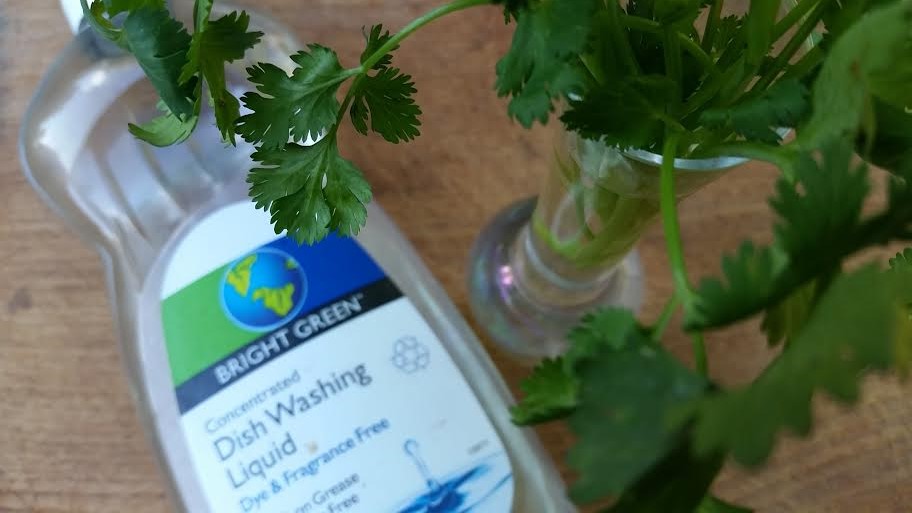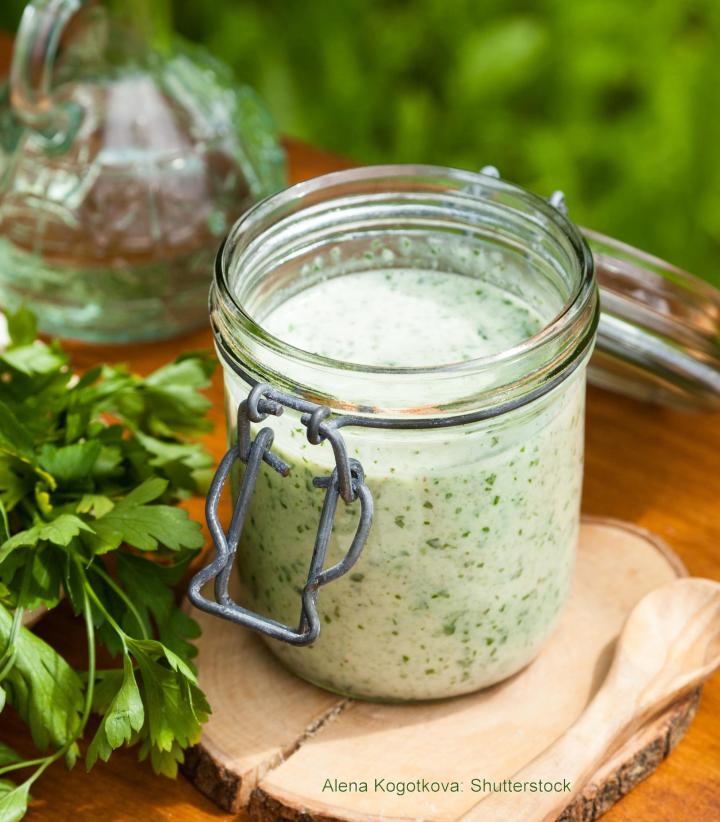
The polarizing plant, Cilantro.
ADVERTISEMENT
I love cilantro! I eat is straight off the plant.
Both my husband and I do not like cilantro. Makes it much easier making guacamole, other foods for us. Just don't use. Carol.
At first I did not like cilantro. I thought it tasted like burning tires smelled. Then after turning up my nose to this herb for twenty years I tasted it in a salsa and was hooked. Now I am trying to grow it myself in my garden. I still use it sparingly but use it in almost all of my Mexican inspired dishes. Thank you for this great website.
Not a big fan of this herb although I do love coriander.
For me cilantro is like catnip to a cat! It excites me and I love it! The funny thing is that I can taste that "hint" of soap but yet it still attracts me in a hypnotic way!
It is a heavy metal detox...I have acquired a taste for it...
Can't stand the stuff. REALLY can't stand it. Melissa, you may have my share, even in our next lives, ;0} ! Even a wee bit makes me feel as if I've just downed a mouthful of dish detergent, and is just as nauseating. Interesting thing is, my son likes it but my daughter reacts as I do. There are enough interesting, nutritious and different greens out there that no one who has a genetic reaction to cilantro needs to suffer from attempting to eat it. Just pick something else. However... I use coriander in baking and so does my daughter. We both like it but my son hates it. Go figure... Genetics...
Wow Samantha, that is so interesting how this has shown up in your family and the differences with cilantro AND coriander. I guess the genetic component in your family is really prominent. You're right though...there are plenty of delicious greens/flavorings for anyone who can't stomach it! Thanks for your comment.
Cilantro triggers migraines for me and tastes terrible. As a now hobby chemist there are many foods that people will taste as horrible. Cooking changes the chemistry so someone might say they hate raw broccoli but like it cooked. Even sugar is not spared as some people taste sweet and others taste bitter.
Health benefits of cilantro leaves (coriander) Cilantro herb is very low in calories and contains no cholesterol. However, its deep-green leaves possess good amounts of antioxidants, essential oils, vitamins, and dietary fiber, which may help reduce LDL or "bad cholesterol" levels in the blood.










